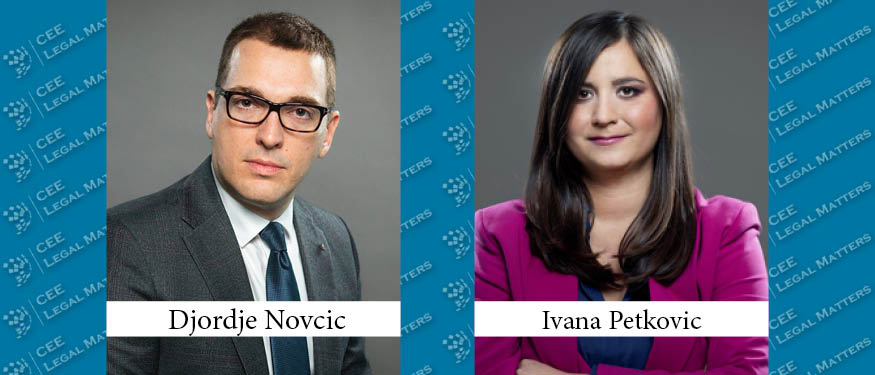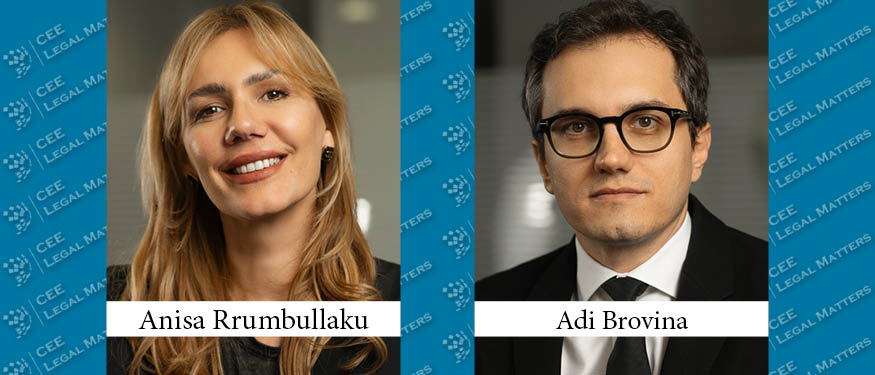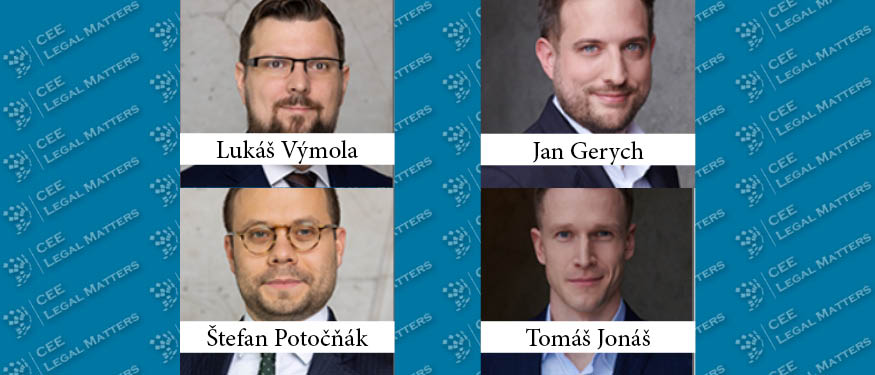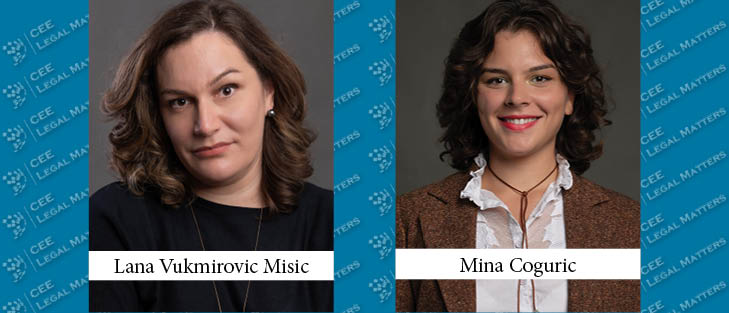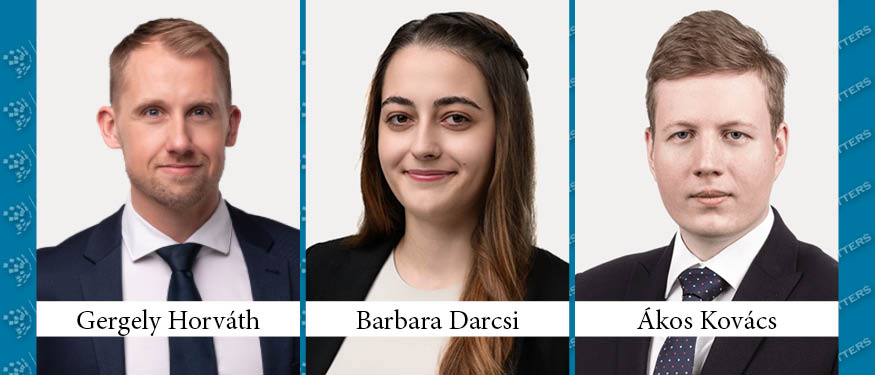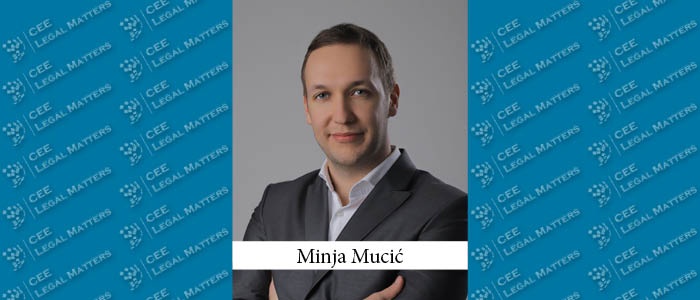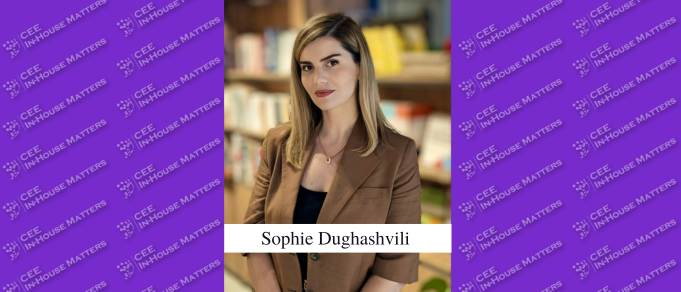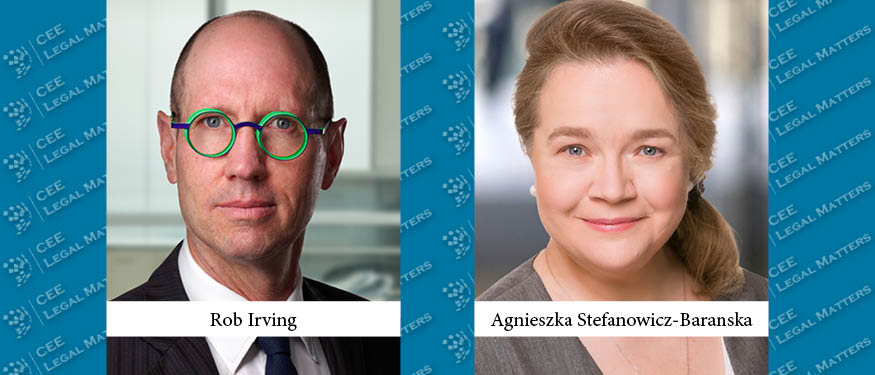The distinction between a domestic and a foreign arbitral award is important because it affects the recognition, enforcement, and legal remedies available under Serbian law. The domicile of the award is determined by the seat of arbitration and the law applied to the arbitral proceedings.
Cyber Fraud Cases and Methods Increase During Periods of Uncertainty. What Are the Steps To Follow If You Have Been a Victim of the New Smishing Attacks?
The White-Collar Crime Department of the law firm Musat & Asociatii, having a wide expertise in cybersecurity and in providing legal assistance and representation in complex cases involving cyber fraud, informs its clients and the general public about a newly emerging method of smishing (phishing via mobile phone messaging) in virtual space., which involves perpetrators targeting messaging and calling platform accounts (e.g. WhatsApp) with the intent of compromising and cloning them to commit various crimes.
Ukraine: Updated Regulations for Employing Persons with Disabilities
On 1 March 2025, the Law of Ukraine "On Amendments to Certain Laws of Ukraine on Ensuring the Rights of Persons with Disabilities to Work" dated 15 January 2025 No. 4219-IX ("Law") came into force, aiming to create conditions for the exercise of the right to work for persons with disabilities.
Albania Moves Forward with Draft Law to Establish the Development Bank of Albania
The Minister of State for Entrepreneurship and Business Climate has introduced a draft law for the establishment of the Development Bank of Albania (“DBA”), a specialised public financial institution designed to facilitate financing for small and medium enterprises, start-ups, and underfinanced sectors. The bank is also envisioned as a key player in promoting exports of domestic products and services, as well as supporting public projects and various infrastructure developments.
Hungarian Government To Amend the Enforcement Rules of the Land Registry
On 15 January 2025, the new electronic land register was launched in Hungary, although the transitional rules currently still allow for the use of the previous paper-based procedure. At the end of February 2025, the Hungarian Government proposed amendments to the recently implemented electronic land registry system (E-ING) to enhance legal uniformity and bolster the security of real estate transactions.
Ensuring Deal Certainty: The Growing Appeal of Documentary Escrow Arrangements
In the high-stakes world of M&A transactions, deal certainty is everything. Parties invest significant time, resources, and effort into negotiating agreements, yet even the most well-structured deals can fall apart due to logistical hurdles and trust issues.
Czech Energy Act Amendment – A Step Towards a Clean Future?
The long-awaited amendment to the Czech Energy Act, known as “Lex OZE III”, has officially been passed by the Parliament. While it introduces significant and predominantly positive changes to the clean and renewable energy sector, it has also sparked considerable controversy. The proclaimed objective of the legislation is to accelerate the transition to sustainable energy while addressing regulatory and market challenges. Nevertheless, it lags behind the technical and commercial realities of the European market; it implements a European directive that the Czech Republic should have adopted over four years ago.
Takeover Bid Obligation When Transferring Shares to a Trust: Czech National Bank Provides Clarification
Are you unsure whether a takeover bid is required when a controlling interest in a company is transferred to a trust? The Czech National Bank (CNB) has issued a clarifying statement on this issue.
Landmark Decision by Hungarian Curia on Bank Frauds
In its recent decision of 19 February 2025, the Supreme Court of Hungary (‘Curia’) overturned the second-degree verdict that held fraud victims solely liable and ruled that financial institutions cannot automatically reject compensation claims. This landmark decision might open the doors for customers to claims against their banks in similar cases.
Montenegro: Regulation of Business Operations Related to Crypto Assets Through Amendments to the Law on Prevention of Money Laundering and Terrorist Financing
The Law on Amendments to the Law on Prevention of Money Laundering and Terrorist Financing ("Law") has been adopted, and a decree on its promulgation has been issued. The Law was published in the “Official Gazette of Montenegro” on 12th March 2025, and it enters into force on 20th March 2025.
North Macedonia: Commission for Protection of the Competition of North Macedonia Strengthens Oversight of Food Supply Chain and Food Retail Sector
The Commission for Protection of the Competition of North Macedonia (CPC) has significantly intensified its enforcement activities in the food retail sector, signalling a stricter regulatory approach toward potential anti-competitive behaviour.
List of Companies Eligible for Diia City Residency Expanded
On 21 February 2025, the Cabinet of Ministers of Ukraine, by Resolution “On Amendments to the List of Activities Encouraged by the Creation of Diia City Legal Regime” No. 204 (the “Resolution”), expanded the list of eligible activities for Diia City residency.
The Art of the Rare Earth Deal: Is the Devil in the Details?
Mineral rights deals may seem like a big win, but they are not without risk. Considering the wider implications of mineral rights deals.
Hungary: Understanding the EU AI Act in Practice
10+1 Questions and Answers for Hungarian Companies.
Reverse Transfer of a Business Share in a Slovak Limited Liability Company
The transfer of a business share is a routine process in corporate transactions. A share purchase agreement (SPA) must be in writing with notarized signatures. The transfer becomes effective upon the company's receipt of the SPA unless a later date is specified. However, if required by law or the memorandum of association (MoA), it cannot take effect before the general meeting grants approval. Each transfer must also be registered in the Slovak Commercial Register (“Commercial Register”). In practice, complications may arise when one party withdraws from an SPA.
The Turkish Competition Authority Decided That There Is No Procedural Benefit in Initiating Commitment Negotiations
Pursuant to the Competition Board’s (“Board”) decision dated 15.12.2022 and numbered 22-55/850-M, an investigation was initiated to determine whether Nestle Türkiye Gıda Sanayi AŞ (“Nestle”) infringed Article 4 of the Law No. 4054 on the Protection of Competition (“Competition Law”) by (i) setting the resale price of its distributors and (ii) imposing regional and customer restrictions on them.
The Constitutional Court of the Republic of North Macedonia Votes to Annul Solidarity Tax Law
On 5 February 2025, the Constitutional Court of the Republic of North Macedonia (“Court”) annulled the Solidarity Tax Law (“Law”), ruling that it violated several key constitutional principles.
Obligations of Traders in Advertising Food Products
The Assembly of the Serbian Chamber of Commerce (“SCoC”) recently adopted the Code of Practice for Advertising by Wholesale and Retail Traders of Food Products (“Code”), which entered into force on January 1, 2025.

